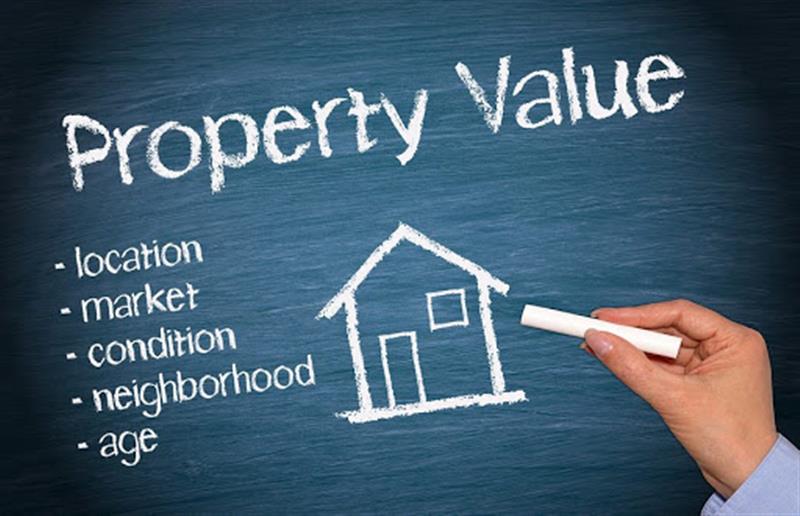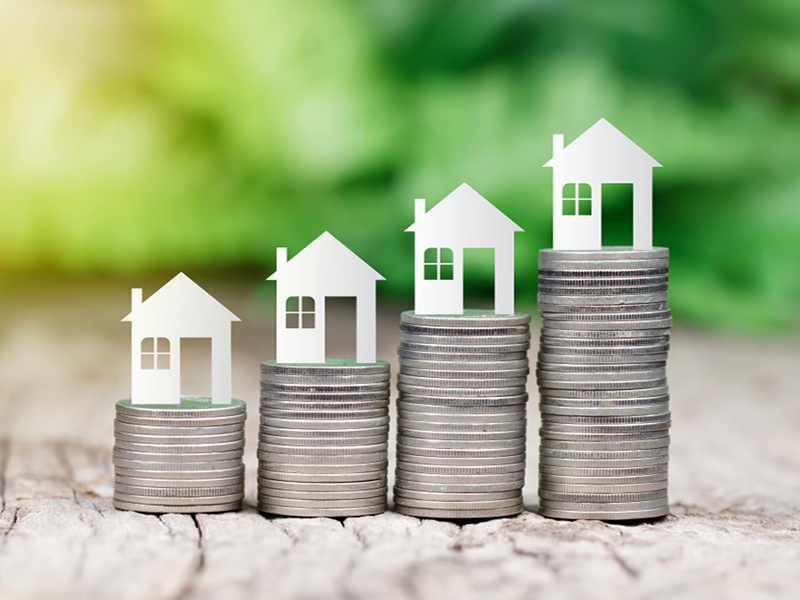
Nowadays, valuation is an important step in any commercial real estate transaction, but comes with many challenges, risks and worries.
The need for transparent and independent valuations is increasing day by day. The overheated Dutch real estate market has been tight for a years and house prices are high. Unfortunately, the house prices at this market started to go up again in the last quarter of 2019 and house prices in 2020 are expected to rise 4 to 4,5%.
Estimating the value of real estate is necessary for a many reasons including property insurance, sales listing, investment analysis, financing and taxation. However, the most useful and valuable application of real estate valuation for most people is determining the purchase price of a piece of real property.
Here are some key facts:
- Valuing real estate is difficult because each property has unique features such as floor plan, location, lot size, amenities etc.
- Supply and demand in a specific region as general real estate market will certainly play into a particular property’s over-all value.
- Individual properties, however, must be subject to appraisal, using one of several methods, to ascertain a fair value.
Explanation of Basic Valuation Concepts:
A property’s value is defined as the present worth of future benefits arising from the ownership of the property, technically speaking. Unlike many consumer goods that are quickly used, the benefits of real property are generally realized over a long period of time. Therefore, an estimate of a property’s value must take into consideration economic and social trends, as well as governmental controls or regulations and environmental conditions that may influence the four elements of value:
- Demand: the desire or need for ownership supported by the financial means to satisfy the desire
- Utility: the ability to satisfy future owners’ desires and needs
- Scarcity: the finite supply of competing properties
- Transferability: the ease with which ownership rights are transferred
Some of them take into consideration the governmental regulations, environmental conditions and physical aspects of the property that affects its value. The valuation generally includes: analysis of the environment, structure and condition of the house or apartment, access and planning restrictions. This information is then combined with historical and recent sales data. Then the valuation will be documented and provided to a client in a form of European valuation report.
For a successful real estate sell or purchase in The Netherlands a valuation report is necessary. It is recognized by the law, financial and real estate institutions as well. In order to produce such a valuation report education and experience within The Dutch real estate market is needed.
We at Clearstone suggest to add some technology and hybrid techniques, mathematical modeling combined with a database, machine learning and automation into the overall process for better and more efficient results of the mass appraisal of residential properties.
Automated valuation model (AVM) by definition is: ” a service that can provide real estate property valuations using mathematical modelling combined with a database.”
Most AVMs calculate a property’s value at a specific point in time by analyzing values of comparable properties, giving you the confidence to make informed decisions. Some also take into account previous surveyor valuations, historical house price movements and user inputs (e.g. number of bedrooms, property improvements, the influence of environment and natural forces etc.)
Automation process is changing the many parts of commercial real estate. Real estate valuation especially. By automating data inputs, appraisers can interpret and analyze information that impacts property value conclusions at ever increasing, market-demanded speeds. The fast turnaround, combined with the high volume, has increased the focus on automation and easy download to increase productivity while maintaining quality and consistency in this area.
However, with the incorporation of such technologies real estate valuation is looking toward the future of the industry and attracting fresh faces in the business. It’s likely that adopting new technology will continue to mean positive changes for the valuation side of commercial real estate.
Automation of the real eastate valuation will also help to bring younger talent to the industry and move the boundaries while lifting it to the higher standards and better customer experience.

The Clearstone team with a significant experience within this field and trained team of professionals has been trying to set new standards and make the real-estate industry competitive and ready for digital transformation.
Stay tuned for more to come…